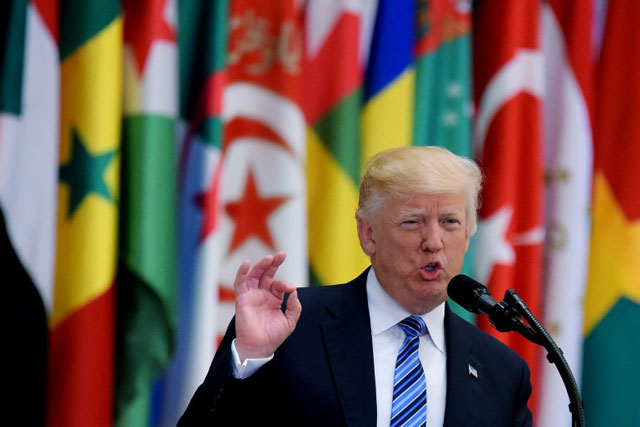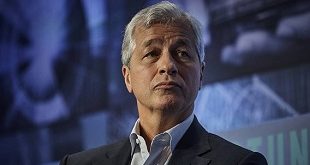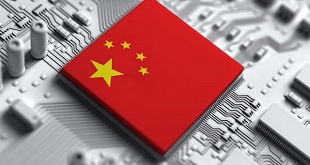
Praising strongmen without also mentioning their human-rights abuses condones repressive practices
By Aryeh Neier
US President Donald Trump has made his affinity for authoritarian leaders abundantly clear.
When Trump entertained Abdel Fattah el-Sisi at the White House in April, he praised the Egyptian military ruler for doing “a fantastic job.” And after Turkish President Recep Tayyip Erdoğan declared a narrow victory in a referendum to approve a significant expansion of the presidency’s powers, Trump called to offer his congratulations.
Trump has also extended an invitation to Philippine President Rodrigo Duterte, who is presiding over a “war on drugs” that has so far resulted in thousands of extrajudicial killings by the police. And he has continued to speak of Chinese President Xi Jinping in glowing terms, ever since the two met in April at Trump’s Mar-a-Lago resort.
Trump has openly praised these and other strongmen, not least Russian President Vladimir Putin. But praise is not the same thing as policymaking; and, until this month, Trump and his advisers had left us guessing as to whether his enthusiasm for authoritarian leaders would actually lead to a change of course for US foreign policy.
We now have our answer. In a recent speech to his department’s employees, Secretary of State Rex Tillerson clarified the administration’s position on human rights. Since the mid-1970s, US law has required all presidential administrations to promote internationally recognised standards of human rights as a matter of US foreign policy. But in addressing this very issue, Tillerson ignored US law and various international treaties that the United States has adopted.
In describing the Trump administration’s “America first” approach, Tillerson indicated that the US will no longer emphasise human rights when it interacts with other countries on security and economic issues. “If we condition too heavily that others must adopt this value that we’ve come to over a long history of our own,” he said, “it really creates obstacles to our ability to advance our national security interests, our economic interests.”
 The Independent Uganda: You get the Truth we Pay the Price
The Independent Uganda: You get the Truth we Pay the Price


